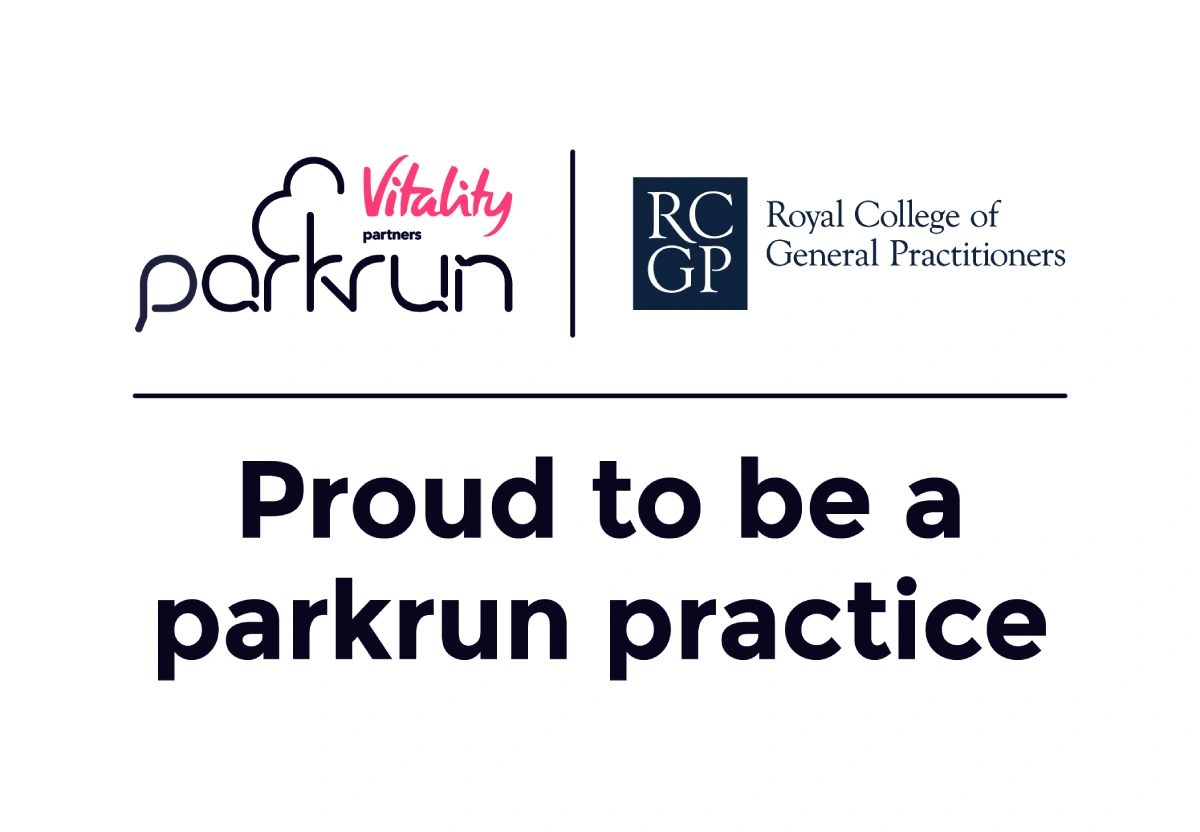We use cookies to help provide you with the best possible online experience.
By using this site, you agree that we may store and access cookies on your device. Cookie policy.
Cookie settings.
Functional Cookies
Functional Cookies are enabled by default at all times so that we can save your preferences for cookie settings and ensure site works and delivers best experience.
3rd Party Cookies
This website uses Google Analytics to collect anonymous information such as the number of visitors to the site, and the most popular pages.
Keeping this cookie enabled helps us to improve our website.
What are group clinics and why is the NHS supporting their roll out in primary care?
Group consultations are one to one medical consultations with a GP and/or specialist nurse delivered within a supportive group with a facilitator, either virtually or face to face. The NHS is supporting this model as a way for GP practices to bring together individuals for support with long term conditions helping them to better manage their own health and share their experiences and learning. This is a new way for you to join people with similar health issues and consult with your GP, nurse or healthcare team for a longer period of time allowing for more in depth discussion and shared decision making.
The evidence is that following a group consultation approach patients feel more able to cope and keep themselves healthy through improved access and spending longer with their healthcare team.
All group members sign or verbally agree to a confidentiality and group clinic agreement. You can ask for a private discussion with the clinician if needed.
We hope you will join us in this new way of working.
We look forward to working with you!
When do the clinics take place and how can I book?
Our diabetes group consultations currently take place on Tuesday afternoons.
I have been booked in for a clinic, is there anything I need to do before I attend?
We would like you to read and confirm you have read the following form before you attend, or confirm when you arrive at the group.
Where can I get further information?
If you have any further questions, you can read our frequently asked questions (FAQs) below.
If you cannot find the answer you are looking for, you can also contact the practice either using the contact us form above or on the telephone and ask our clinic co-ordinators to explain more about the clinics.



